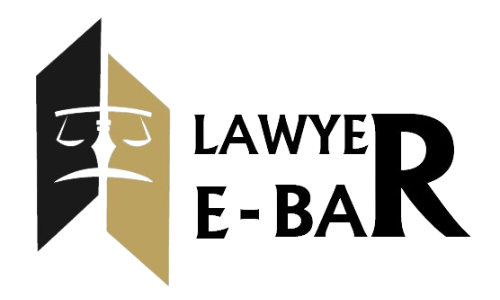01
Personal Loans
Personal loans are unsecured loans that individuals can use for any purpose, such as debt consolidation, medical expenses, or travel. They do not require collateral, making them a popular choice among borrowers with good credit scores.
